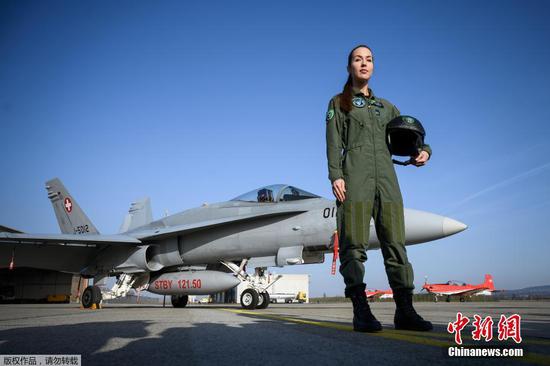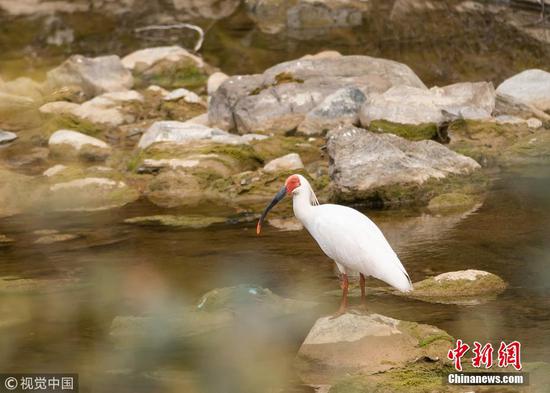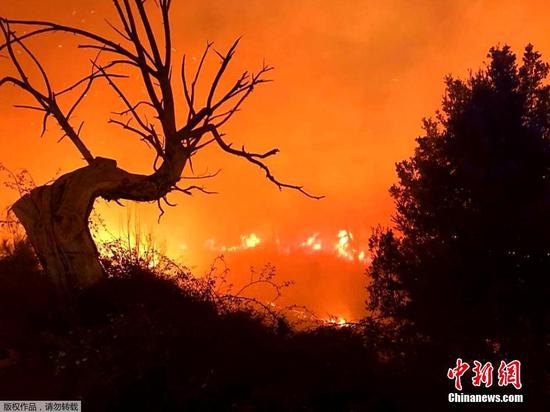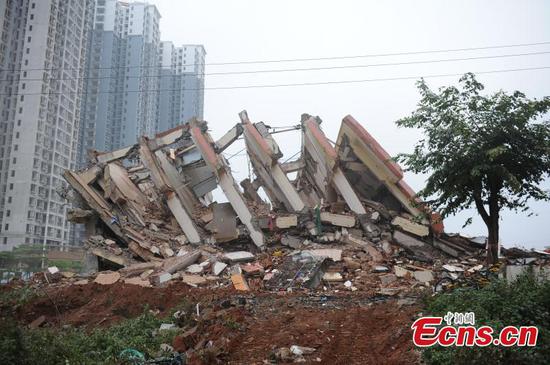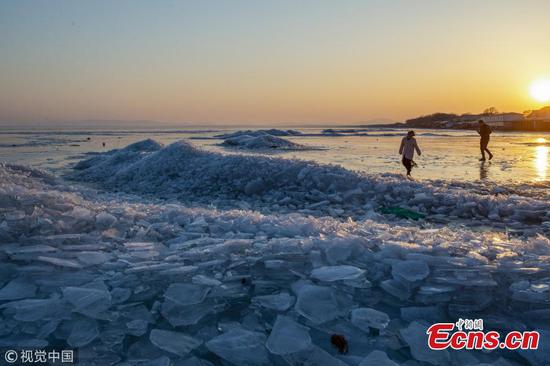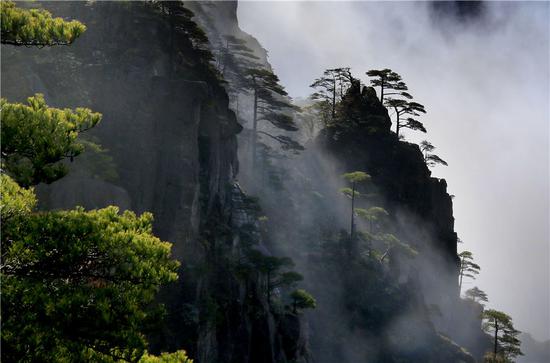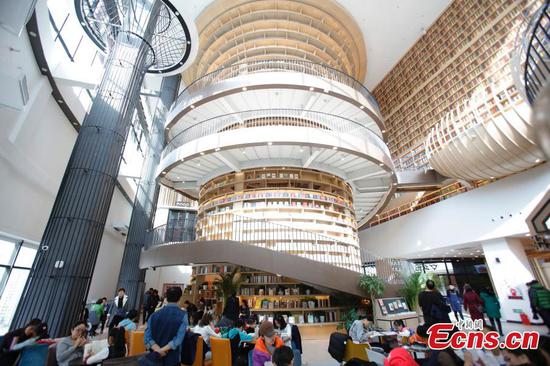Massive gas reserves found in the Bohai Sea, the largest discovery in the Bohai Bay Basin in the past 50 years, will further boost China's domestic oil and gas exploration, insiders said.
China National Offshore Oil Corporation has announced the discovery of a natural gas field at the Bozhong 19-6 discovery well in the Bohai oilfield that contains proved geological reserves of 100 billion cubic meters, which will help meet the surging demand for natural gas in northern and eastern China.
As the largest discovery in the Bohai Bay Basin in the past 50 years, the gas could be used by millions of city dwellers for hundreds of years.
According to Han Xiaoping, chief information officer of China Energy Net Consulting, the discovery is significant not only because of its scale, but because it shows the potential of China's oil and gas reserves.
It is believed that with more capital investment and technological innovation, China will continuously step up oil and gas exploration to better serve the society while upgrading the energy mix, he said.
China started exploration in the Bohai Sea in 1966. It is the second-largest crude oil production base in China and unearthed reserves in the past 50 years have mainly been crude oil due to its complex geological structure, and few natural gas discoveries have been made so far, Han said.
The discovery shows that more similar gas reserves might be found in the future, he said.
The Bohai Sea borders the Beijing-Tianjin-Hebei region. The natural gas can be directly transported to the market through existing pipelines to help ease the gas shortage in northern China.
China has been promoting efficient, large-scale use of natural gas in the industrial fuel, gas-fired power and transport sectors. Natural gas supplies in the country will exceed 360 billion cu m by 2020, accounting for 10 percent of China's energy production compared with the current 7 percent, according to the National Development and Reform Commission.
China's natural gas consumption surged 18.1 percent to 280.3 billion cu m last year, accelerating from a rise of 15.3 percent in 2017, amid the country's efforts to tackle environmental pollution, according to the NDRC.
CNOOC has increased capital expenditure for exploration since 2018, which supports the company's long-term development, said Na Min, a senior analyst for oil and gas at Bloomberg NEF.
However, recovery costs and how CNOOC will develop this gas and condensate field are still not clear, she said.
CNOOC said earlier that further evaluation of its gas reservoirs will be conducted when all tests are completed at the Bozhong 19-6 discovery well, which includes 10 wells with an average depth exceeding 4,000 meters.
Yang Hua, chairman of the company, has vowed to increase oil and gas exploration.
"The company will continuously step up exploration for more discoveries of oil and gas wells to further ensure national security and a stable gas supply in the country," he said.









